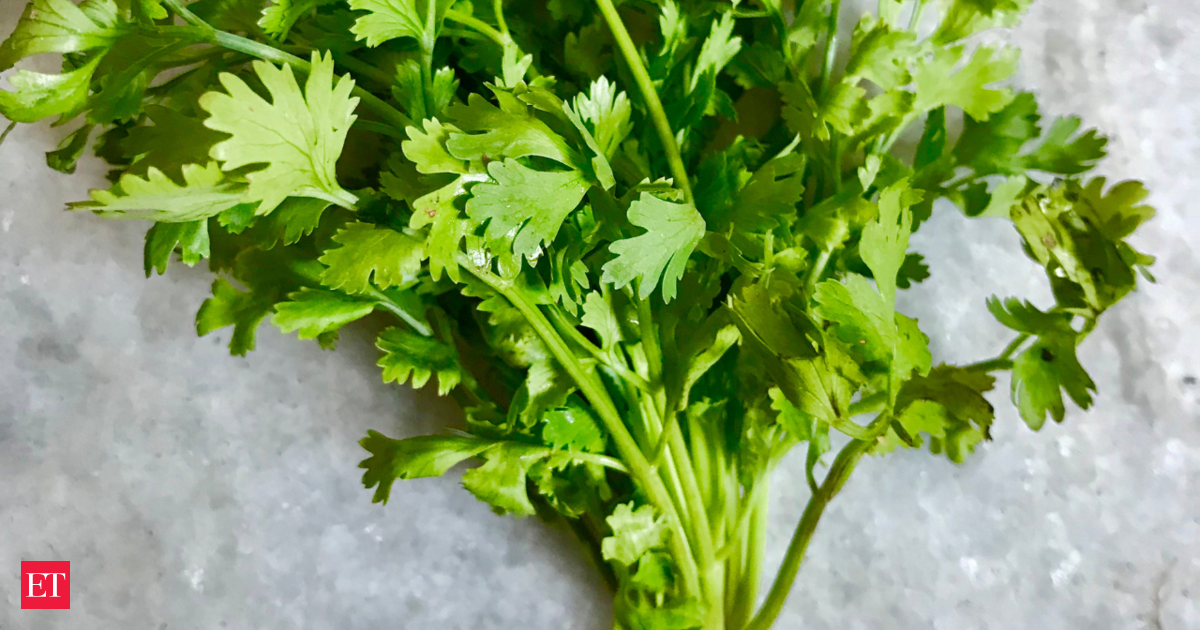If you’ve ever wrinkled your nose at the scent of coriander or found the smell of coffee strangely unappealing, science has a surprising answer, your DNA may be to blame. A groundbreaking genetic study has revealed that how we perceive, and emotionally react to, everyday smells isn’t just a matter of taste or memory. Among the most compelling findings is a link to the OR6A2 gene, which influences how people perceive aldehydes, compounds found in coriander. People with a specific variant of this gene often describe the herb as having a soapy or foul taste, an aversion more common among people of East Asian and European ancestry.
Researchers from Leipzig University in Germany have uncovered key genetic differences that help explain why certain smells, and the foods associated with them, trigger completely opposite reactions in different people. The study, published in PLOS Biology, is the largest genetic investigation ever conducted on human olfaction, analyzing how over 21,000 people of European descent perceive 12 everyday smells.What they found was surprising, ten distinct regions of DNA, seven previously unknown, influence how we experience specific odors like clove, cinnamon, peppermint, orange, and fish. Some of these regions had sex-specific effects, offering insights into why men and women may perceive scents differently, particularly during hormonal changes such as pregnancy or menstruation.
Another striking example is the OR10G4 gene, which shapes how people react to guaiacol, the compound that gives wood smoke its distinctive scent. While some described it as nostalgic and cozy, others compared it to burning rubber. These emotional reactions came down to slight differences in just a few olfactory receptor genes.
 Live EventsBut this isn’t just about coriander or candles. The study uncovered a significant link between smell sensitivity and Alzheimer’s disease risk, indicating that smell testing could help detect early neurological decline. Loss of smell has already been observed in conditions like Parkinson’s, COVID-19, and dementia.
Live EventsBut this isn’t just about coriander or candles. The study uncovered a significant link between smell sensitivity and Alzheimer’s disease risk, indicating that smell testing could help detect early neurological decline. Loss of smell has already been observed in conditions like Parkinson’s, COVID-19, and dementia.
The findings also open up commercial possibilities. With scent personalization now a growing trend, companies may soon use genetic testing to tailor perfumes, household cleaners, or even skincare products to suit an individual’s olfactory DNA.
So next time someone turns up their nose at your favorite scent, don’t take it personally, it might just be genetic.
